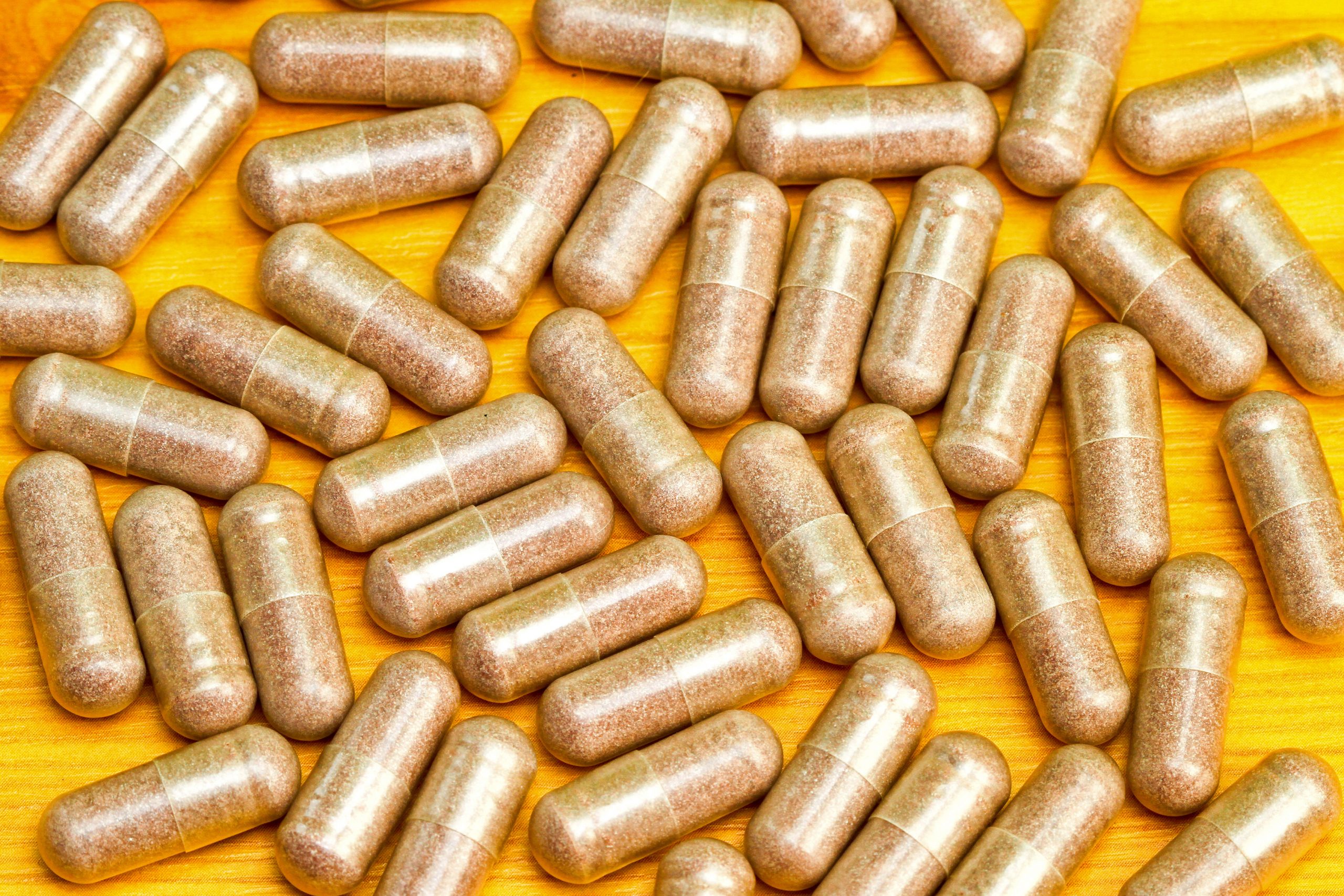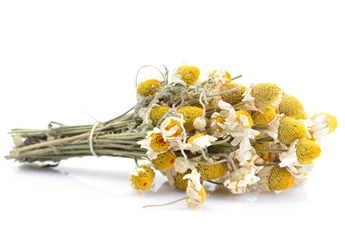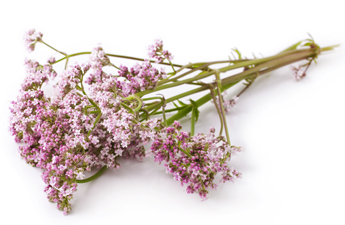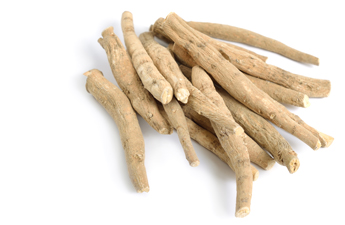A new tragedy is fast unfolding in Western Medicine: bacteria are becoming resistant to antibiotics. Scientists are predicting that within 10 years, antibiotics will become redundant. What will this mean for medicine in the future? Probably a return to the natural plants that can be efficiently used for similar purposes!
The Development of Antibiotics
Although we take them as a given in Western Medicine – or even take them as being Western Medicine – antibiotics were only discovered in 1928, less than 100 years ago. London’s Alexander Fleming noticed that on a discarded slide that had gone mouldy in the lab, the staphylococii bacterial culture was not faring so well. In fact, it was being attacked and killed by the mould growing on the slide, penicillin. This was later developed by Australian-born Howard Florey and Jewish Ernst Chain into a reliable medicine, and the first antibiotics were prescribed in 1930.
This was a key revolution in modern medicine! Before antibiotics, bacterial infections had been responsible for over half of all deaths, and relatively minor cuts, burns and wounds could often develop into life-threatening conditions. In fact, doctors and scientists were so chuffed that the then US Surgeon-General, William Stuart, declared in 1969 that we “… could close the book on infectious diseases”!
Was this really true? Not everyone was convinced, and Alexander Fleming himself stated that
“The greatest possibility of evil in self-medication is the use of too small doses so that instead of clearing up infection the microbes are educated to resist penicillin and a host of penicillin-fast organisms is bred out which can be passed to other individuals and from them to others until they reach someone who gets a septicaemia or pneumonia which penicillin cannot save.”
(New York Times June 26, 1945)
His words proved prophetic, and now, bacteria have learnt to resist the antibiotics that once slaughtered them without a second thought!
How has this happened? Well, there are a few factors that have worked together:
• Doctors have been overusing antibiotics for decades, even prescribing them for all kinds of inappropriate illnesses such as colds and flus (caused by viruses which don’t respond to antibiotics at all)
• Patients start taking antibiotics, but when they feel better, stop taking them and don’t follow through with the whole course. This means that although 95% of the bacteria may have died, and you feel better, the 5% that is left to reproduce is the tiny portion that was able to resist the antibiotics. This is effectively training bacteria to resist them!
• The livestock industry has used massive quantities of antibiotics for years, amounts that would be illegal to give to humans, to prevent illness in the devastatingly unhealthy conditions the poor animals have been kept in. This in turn enters the human food chain, especially in the form of eggs, chicken, beef, salmon and pork/bacon. This means that we are constantly eating low doses of antibiotics that also provide resistance training to bacteria.
What does this mean for the future?
The medical profession is sweating profusely over the ‘end of antibiotics’ and what seems to herald a return to a time when pneumonia, burns and wounds are fatal. Lack of antibiotics will also mean that many other treatments, such as organ transplants, would no longer be possible. However, doctors are forgetting one thing: there have always been many plants used to successfully treat bacterial infections.
Some of the amazing herbs that have been traditionally used for infections are:
– Uva Ursi and Buchu for urinary tract infections
– Usnea for throat infections
– Golden Seal
– Garlic for almost any infection
– Japanese Honeysuckle
– Nasturtium
– Oil of Oregano
– Grapefruit Seed Extract
– Echinacea
… and many more!
And don’t forget the two favourites for topical application: Propolis (which is great down the throat) and Dragon’s Blood/Croton Latex…
The benefit of herbs is that they work in more complex ways than antibiotics, so are harder to build up resistance to, however even with the natural medicines we need to be careful not to repeat the same mistakes we made with antibiotics. We must only use them when necessary, and make sure we follow through with a full course (usually a number of days after all symptoms disappear).
However there is also the other great advantage that herbs have over pharmaceutical medicine: herbs that have been traditionally used to stimulate the immune, such as Echinacea, Astragalus, Siberian Ginseng, Herb Robert, Cat’s Claw, and the list goes on! These herbs don’t even target the bacteria, they just teach your body to combat illness more effectively!
Aah, mother nature… Great to have you back on board, and I hope the hospitals start taking you seriously!
Read the follow up article with a list of natural alternatives to antibiotics here.





 Nextwave
Nextwave

